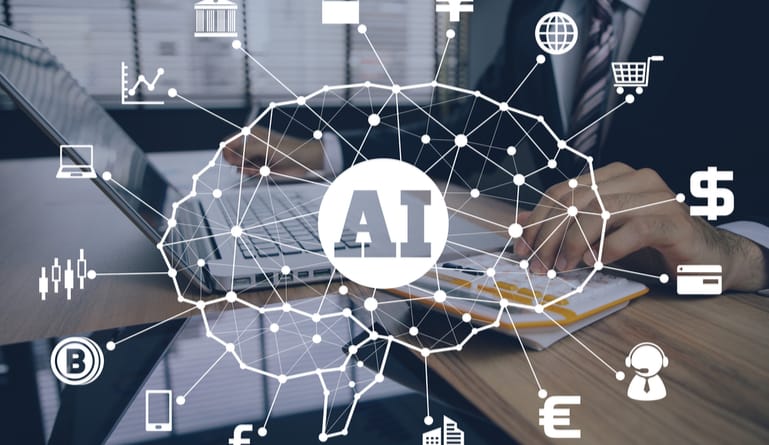Artificial intelligence continues to impact businesses in every industry. From a better way to make customer predictions to a better way to understand potential candidates during the hiring process, AI has helped to create a better way to understand data and use it to the advantage of the business to make the best decisions possible. Some financial professionals are experiencing anxiety over the impact that AI will have on the finance industry in the future.
Professor Kai Reinhard notes that as the technology continues to advance and more solutions are developed, finance will certainly see these technologies being implemented, saying, “Overall, we will see a tsunami of new AI-based technologies rolling over the finance department within the next three.”
Should the finance sector be concerned about artificial intelligence advancement?
While a tsunami might imply disaster, and in the case of the finance industry the main concern seems to be jobs being eliminated to make way for more cost-effective AI, but other finance professionals don’t believe that automation will be the end of the finance industry as we know it.
The risks of AI in finance
Those who’ve come up in a traditional finance environment feel skeptical of the application of AI, and to be fair, AI is certainly not completely without risk for any business. Some AI risks include:
- Risks to individuals through job loss through tasks being automated and causing redundancies
- Risk to businesses through multi-million-dollar investments that may take years to cause any return on investment
Banks and financial service organizations, as well as finance departments of companies, fear that AI could lead to layoffs and a completely automated financial sector. While many businesses may not be as prepared for the coming influx of data and technology that may affect them, once a business finds the place and purpose of AI at their organization, many of them will be able to reorganize and strategize to support their business and workforce.
The benefits of AI in finance
For the time being, the benefits of AI in the finance sector are mostly practical.
- AI reduces human error on certain tasks, therefore helping businesses cut compliance costs
- AI helps to do repetitive tasks and large calculations faster and more efficiently
- AI can enhance predictions about customer behavior or financial markets, helping businesses make better decisions that can help their bottom line
While some changes are to be expected, AI has real potential to help change things for the better. Professor Bhagwan Chowdhry notes that, “Anything that requires judgment is something humans will continue to do. We are not good at multiplying 16-digit numbers, but we’re good at judging people and detecting if someone is telling the truth.” While AI can help make better predictions or process faster data analytics, a human workforce will still be needed to make the best applications of the data and make sure AI is being used for the right tasks.
Additionally, Forbes notes, “Similarly, humans will need to be able to explain automated decisions to make sure banks don’t fall afoul of regulators: A machine can make credit decisions about whether someone should get a credit card or an auto loan based on the factors it is programmed to look at, but there also need to be processes in place to make sure those decisions don’t discriminate based on race or geographic location.”
People will be engaged in less repetitive and time-consuming tasks, potentially freeing up the time and resources to focus on product development and innovation, input on marketing initiatives, growing new business accounts, and essentially taking finance professionals and integrating them more with other verticals in the business. AI can lead to not just better business decisions, but also a more holistic business environment with more well-rounded teams.




